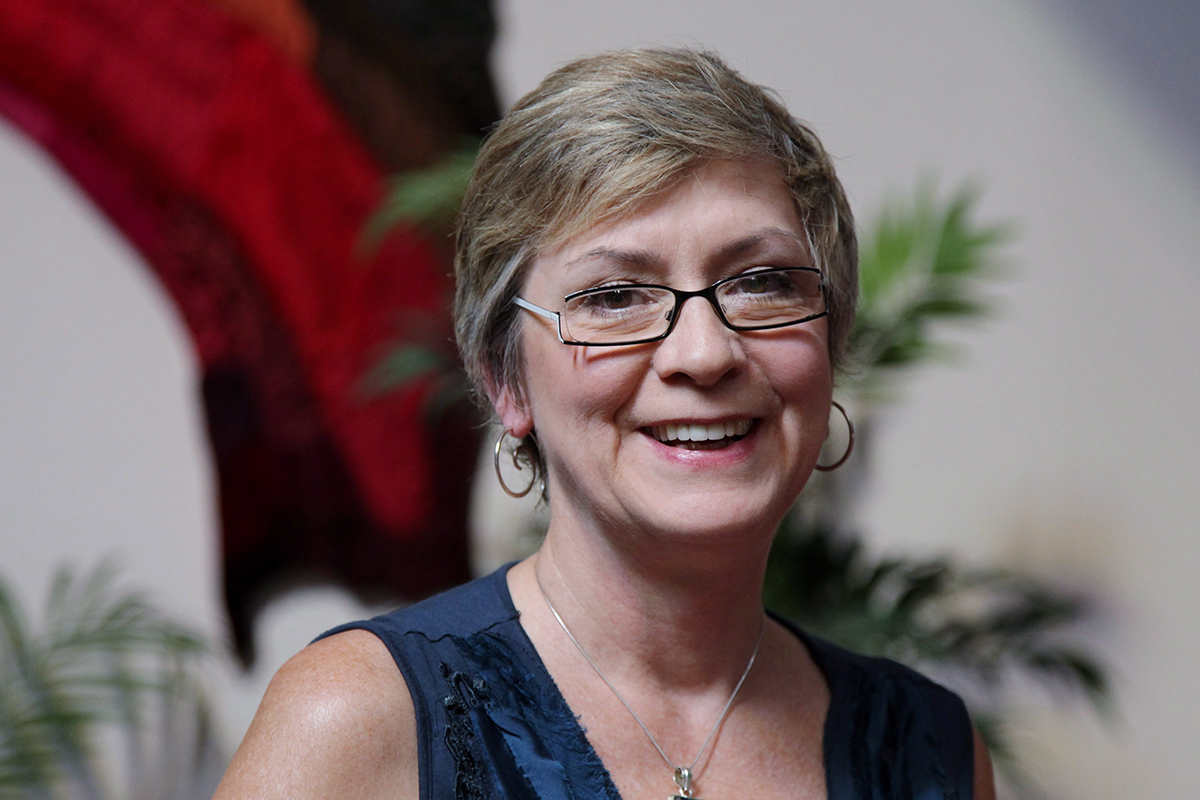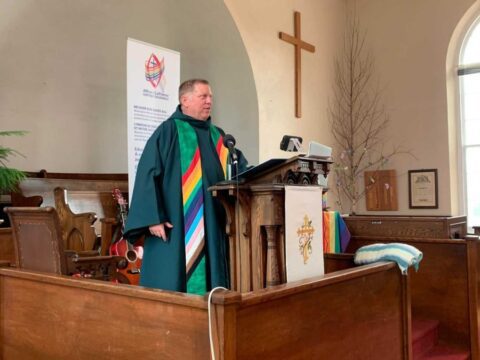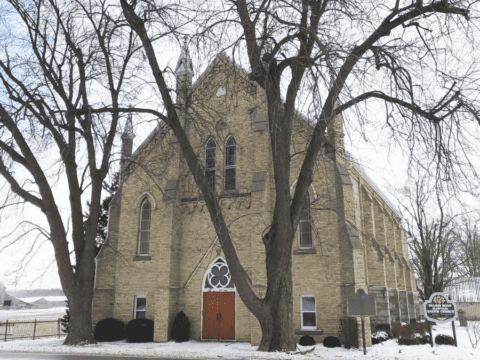Some lessons are hard to learn.
Do you recall how the federal elections of the 1970s were mired in Canadian nationalism? There was a possibility that Quebec might separate. The major political parties bickered over language laws. Comic relief was provided by the Rhinoceros Party, a band of cynics taking satire to new heights. I seem to recall one hilarious spoof, when they claimed that the problem with Canada wasn’t unity, but uniformity. “For the sake of the country,” they promised, if elected, they would shave off the Rocky Mountains and dump them into the Great Lakes, thereby achieving national uniformity.
You may unsubscribe from any of our newsletters at any time.
While they meant it as a joke, their fictitious plan was both poignant and prophetic. How often do we confuse unity with uniformity? Despite proof to the contrary, we haven’t learned that simple fact: our richness as a society resides in not making everyone the same.
Too true. We say we want “unity” and mean “uniformity.” Make “them” like “us.” Can’t “he” talk and work, can’t “she” look and believe, like me?
As a church, I have witnessed this same confusion over the past few years, as we lurched through the process over Gretta Vosper’s suitability for ordained ministry in the United Church. She doesn’t use God-language and Christological formulas or believe in key Christian principles: divine omnipotence, the Trinity, the virgin birth, to mention only a few. And that bothers many who can’t imagine how someone, claiming be an “atheist,” could also minister in a Christian denomination. We’d like her to sound like “us,” and if she couldn’t abide by our Basis of Union, she can’t be part of us.
It pains me to recognize this, having given my life to the systematic study of faith, but Jesus never asked us for doctrinal assent.
I understand the desire for uniformity, particularly as our church falls from favour and its numerical strength plummets. We’re scared. It’s natural enough to get sticky about boundaries. “You’re either with us or against us.”
However, in our dismay, we have missed a central truth: that which unites us is much greater than that which divides us. Frankly, it’s not doctrine that sustains our “United” Church. Theology is secondary. It pains me to recognize this, having given my life to the systematic study of faith, but Jesus never asked us for doctrinal assent. “Love one another, (John 13:34),” he commands. Then build a circle where all have daily bread, forgiving and being forgiven.
If Gretta’s community worships to build this community of compassion, justice, peace, reconciliation and forgiveness, what more is required?
Many church-goers have told me that Gretta’s position makes space for their doubts and questions. She gives voice to their “unbeliefs” and consequently sustains the unity of our denomination, a unity not synonymous with uniformity, but enriched by diversity. That has been Gretta’s gift: making space in our uniting denomination for those who could no longer believe the details, but who cling to a singular trust in common love and justice.
And this is an important gift in the current context where populist politicians play on our fears, preaching an “us” versus “them” dichotomy. Now isn’t the time for lines in the sand or walls that divide us. How many United Church lawn signs proclaim: “All are welcome”? We have again made that real. Amen!















As churches, we will need to adjust. Seriously. No more “creeds” (whether antiquated or modern), especially when the entire congregation including visitors is asked to affirm them and many reflect a flat earth or external deity. Careful selection of hymns and songs, so people in the pew don’t need to lie when singing them (e.g. “I’m saved” or “I’m redeemed”) and so non-Christians can share in them. And perhaps new formats: do we really need to sit in hard wooden pews facing a pulpit for an hour, periodically standing and sitting, and of course paying for it at offering time? It will be a stretch for traditionalists or doctrinaire leaders — but necessary.
I applaud Mr.Levan’s article but must take the headline — which I don’t expect he wrote —with a large grain of salt. With reference to Gretta’s long ordeal, the verb “welcomes” should be preceded by “grudgingly”, or “reluctantly”, or even “finally”. Even then it might be more accurate to replace “welcomes” with “accepts”.